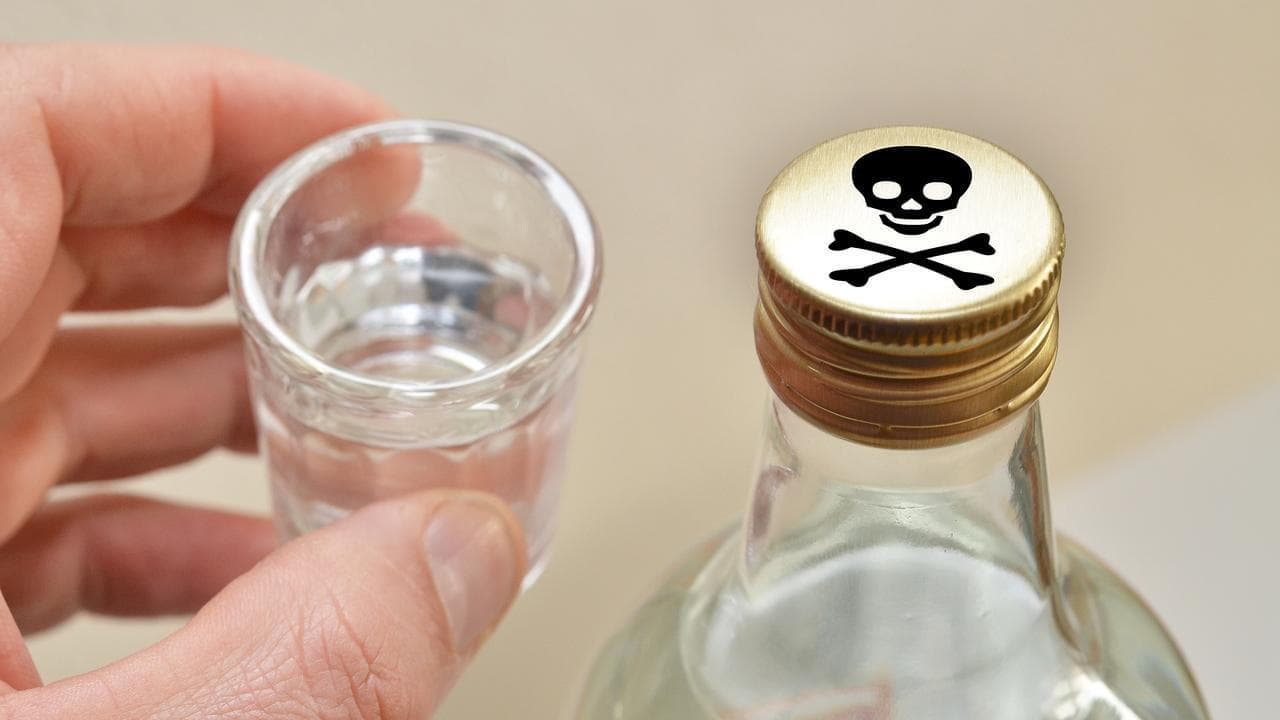WHAT WAS CLAIMED
Unvaccinated people are not dying from COVID-19.
OUR VERDICT
False. Health data show unvaccinated people are more likely to die from the virus than the vaccinated.
More than six million people worldwide have lost their lives to COVID-19, but a popular internet meme claims the virus is not killing unvaccinated people.
The claim is false. Not only are unvaccinated people dying with COVID-19, but they are also more likely to die from the virus than those who have been vaccinated.
The meme includes a picture of a pink elephant sculpture along with the words, "The Unjabbed Aren't Dying", presumably in reference to the popular use of the elephant in the room idiom.
The meme was posted to Facebook (screenshot here) on August 13 by a group calling itself Human Rights Advocates Australia. The same meme has also recently been posted on Twitter.

The claim unjabbed people aren't dying from COVID-19 is comprehensively debunked using data from Australia and around the world.
In Australia, figures from the Victorian health department provided to ABC News showed about one-third of Victorians who died with COVID-19 in the first half of 2022 were unvaccinated, despite unjabbed residents making up only around four per cent of the state's over-12 population.
In March, a Sydney Morning Herald analysis of NSW's COVID-19 statistics from November 26, 2021, to February 12, 2022, showed unvaccinated people were "grossly over-represented in terms of deaths", making up 4.6 per cent of COVID-19 cases in NSW, but 22.8 per cent of COVID-19 deaths.
NSW Health's COVID-19 monitoring report for the week ending August 6, 2022 - the most recent available at the time of writing - showed unvaccinated people accounted for 30 out of 200 COVID-19 deaths in the state (page 4), or 15 per cent of the weekly death tally.
By comparison, only 3.2 per cent of people in NSW aged 16 years or older remained unvaccinated as of August 6.
Despite waning effectiveness against infection, COVID-19 vaccines continue to provide high levels of protection against hospitalisation and death, according to this study led by researchers from the US Centers for Disease Control and Prevention.
The CDC separately found that during March 2022, unvaccinated people were about eight times more likely to die with COVID-19 when compared to people who had completed their primary round of vaccination and 17 times more likely to die with COVID-19 than people who had topped up with a booster jab.
COVID-19 death rates in the US have consistently been far higher for unvaccinated people than the vaccinated.
Unvaccinated people in England were also significantly more likely to have died from or with COVID-19 in the first five months of 2022 when compared to vaccinated people in the same age group, as this AAP FactCheck article shows.
At the time of writing, 96.2 per cent of people in Australia aged 16 years or older had received at least two doses of a COVID-19 vaccine and 71.6 per cent had received a booster shot.

Professor Catherine Bennett, an epidemiology expert at Deakin University, told AAP FactCheck that older people who were immunocompromised or frail were likely to make up a significant portion of Australia's unvaccinated population.
"Sadly they are amongst those dying … they are the minority even though terribly over-represented (because of lack of vax and the underlying conditions and frailty)," Prof Bennett said in an email.
"Younger unvaccinated people are at low risk of severe illness now as the majority will now have had an infection and whilst that doesn't protect against a reinfection it helps reduce risk of severe disease.
"There a lot of talk about the benefits of 'natural immunity' following infection, and no one disputes that, we just know that you have a safer path to natural immunity if you have your infection after vaccination. Hybrid immunity is the safer option for all ages."
The Verdict
The claim unvaccinated people aren't dying with COVID-19 is baseless. Data from Australia and globally shows unvaccinated people are not only dying with COVID-19, but dying from the virus at higher rates than vaccinated people.
False - The claim is inaccurate.
AAP FactCheck is an accredited member of the International Fact-Checking Network. To keep up with our latest fact checks, follow us on Facebook, Twitter and Instagram.












